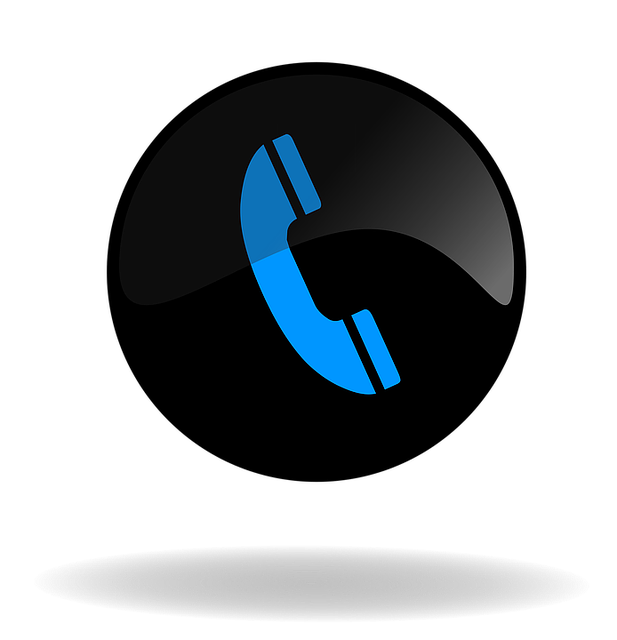Patient acquisition calls are a strategic tool for healthcare providers to expand their patient base and foster loyalty by understanding needs, addressing concerns, and offering tailored solutions. Building trust and relationships through personalized follow-up improves conversion rates, optimizing the medical pipeline process and ensuring practices attract and retain dedicated patients in a competitive market. Measuring success through conversion rates aids in refining lead nurturing strategies for long-term patient relationships.
In today’s competitive healthcare landscape, effective patient acquisition calls are vital for practices seeking growth. This article delves into specialized services designed to nurture medical leads, converting them into loyal patients. We explore key strategies such as understanding patient acquisition calls, personalized follow-ups, engagement tactics, and building trust. Additionally, we discuss measurement techniques through conversion rates and highlight the importance of continuous care in fostering loyalty. By implementing these methods, healthcare providers can revolutionize their patient base.
- Understanding Patient Acquisition Calls
- The Role of Personalized Follow-ups
- Nurturing Leads Through Engagement
- Strategies for Building Trust with Patients
- Measuring Success: Conversion Rates
- Enhancing Loyalty Through Continuous Care
Understanding Patient Acquisition Calls

Patient acquisition calls are a vital part of any healthcare provider’s strategy to grow their patient base and build a loyal following. These personalized conversations go beyond a simple sales pitch; they aim to understand the patient’s needs, address concerns, and provide tailored solutions. Each call is an opportunity to nurture relationships and guide potential patients through the medical inquiry conversion process. By focusing on building trust and offering valuable insights, healthcare businesses can effectively transform leads into committed clients.
The goal of these calls is not just to fill the sales funnel for clinics but to ensure medical pipeline conversion rates improve over time. Through careful listening and skilled engagement, patient acquisition calls can turn curious individuals into active participants in their health journey. This two-way communication helps clarify expectations, build rapport, and ultimately increase the likelihood of patients choosing the clinic as their preferred healthcare provider.
The Role of Personalized Follow-ups

Personalized follow-up calls play a pivotal role in converting medical leads into loyal patients. These strategic interactions allow healthcare providers to build rapport, address concerns, and provide tailored information that resonates with each prospect’s unique situation. By taking the time to listen to and understand the patient’s needs, medical practices can foster trust and position themselves as caring, knowledgeable partners in health management.
This approach significantly enhances the effectiveness of patient acquisition calls, moving prospects through the sales funnel for clinics seamlessly. Unlike generic marketing tactics, personalized follow-ups drive higher healthcare call conversion rates by converting leads into active participants in their own care journeys. Ultimately, this focused strategy contributes to optimizing the medical pipeline conversion process, ensuring practices attract and retain a dedicated patient base.
Nurturing Leads Through Engagement

In today’s competitive healthcare landscape, nurturing medical leads is key to patient acquisition and clinic growth. Going beyond initial outreach involves engaging potential patients through targeted communication strategies, such as personalized calls and follow-up messages. These interactions serve as a bridge in the sales funnel for clinics, aiming to convert interested individuals into loyal patients. By focusing on building relationships and providing valuable information, healthcare call conversion rates can significantly improve.
Effective lead nurturing strategies involve crafting scripts that address common concerns and questions, ensuring each conversation is personalized yet efficient. Optimizing appointment conversion is achieved by not just scheduling meetings but also understanding the patient’s needs and tailoring the follow-up to encourage continued engagement. This process ensures that when a potential patient decides to take the next step, they do so with confidence, fostering a stronger connection to the clinic.
Strategies for Building Trust with Patients

Building trust with patients is a cornerstone of successful patient acquisition calls and overall medical practice growth. It’s crucial to approach each interaction as an opportunity to foster a genuine connection, ensuring every call feels like a conversation between friends rather than a sales pitch. Personalization plays a significant role here; remembering details from previous interactions, addressing specific concerns, and demonstrating a genuine interest in their health journey can all contribute to establishing trust.
Implementing consistent follow-up strategies further strengthens this bond. By staying top of mind without being overly persistent, medical practices can nurture leads through the sales funnel for clinics, transforming them into loyal patients. This involves sending timely and relevant information, offering educational resources tailored to their inquiries, and providing exceptional service throughout the medical pipeline conversion process.
Measuring Success: Conversion Rates

Measuring success in patient acquisition calls is paramount to understanding the effectiveness of your lead nurturing strategy. Conversion rates serve as a powerful metric, providing insights into the percentage of leads that progress from initial interest to becoming loyal patients. By analyzing these rates, healthcare providers can identify areas for improvement and optimize their appointment conversion processes. The goal is not just to generate medical inquiries but to convert them into concrete appointments, fostering long-term patient relationships.
Effective follow-up strategies, including personalized calls, play a pivotal role in this transformation. These interactions allow healthcare professionals to address any concerns, provide valuable information, and ultimately guide potential patients towards scheduling an appointment. Through continuous monitoring of conversion rates across various touchpoints, organizations can refine their patient acquisition calls, enhancing the overall patient experience and ensuring successful appointment conversion optimization.
Enhancing Loyalty Through Continuous Care

In today’s competitive healthcare landscape, enhancing patient loyalty is paramount for medical practices and hospitals alike. One effective strategy to foster this loyalty is through continuous care, especially after initial patient acquisition calls. By maintaining open lines of communication, healthcare providers can ensure that patients feel valued and supported even beyond their first interaction. Personalized follow-up calls, for instance, can significantly impact patient retention. These conversations allow medical professionals to address any concerns or questions that may have arisen since the initial contact, thereby strengthening the patient-provider relationship.
Continuous care also includes providing timely reminders for appointments, medications, and necessary procedures, which are integral parts of the process known as medical pipeline conversion. By converting these inquiries into actionable steps, healthcare providers can improve patient adherence to treatment plans, leading to better health outcomes and increased satisfaction. This approach not only enhances the overall patient experience but also contributes to successful healthcare call conversion rates and fosters a loyal patient base, where folks are more inclined to continue their care journey with the same provider.
